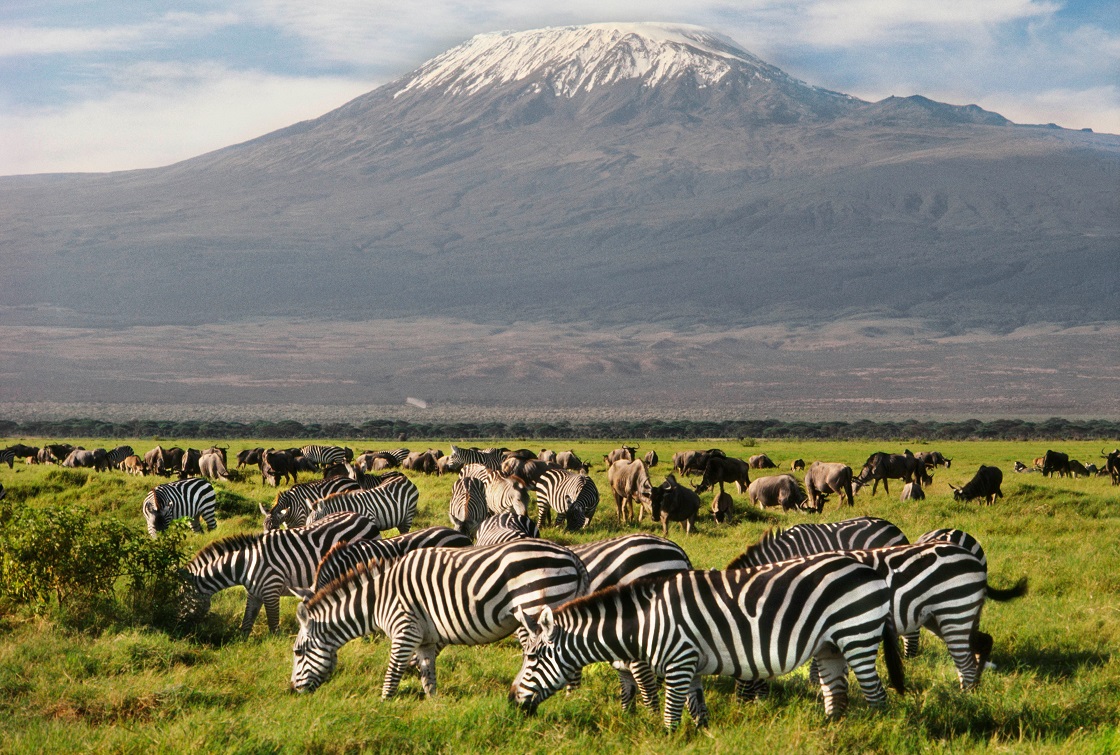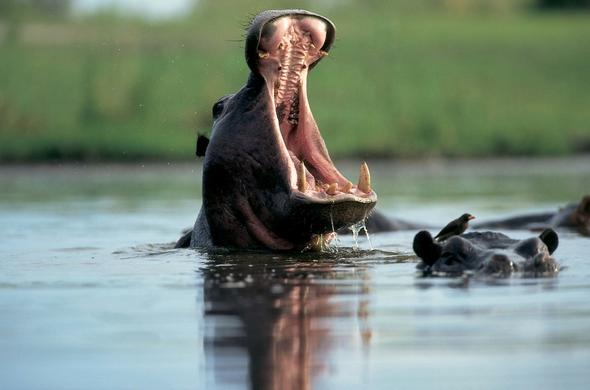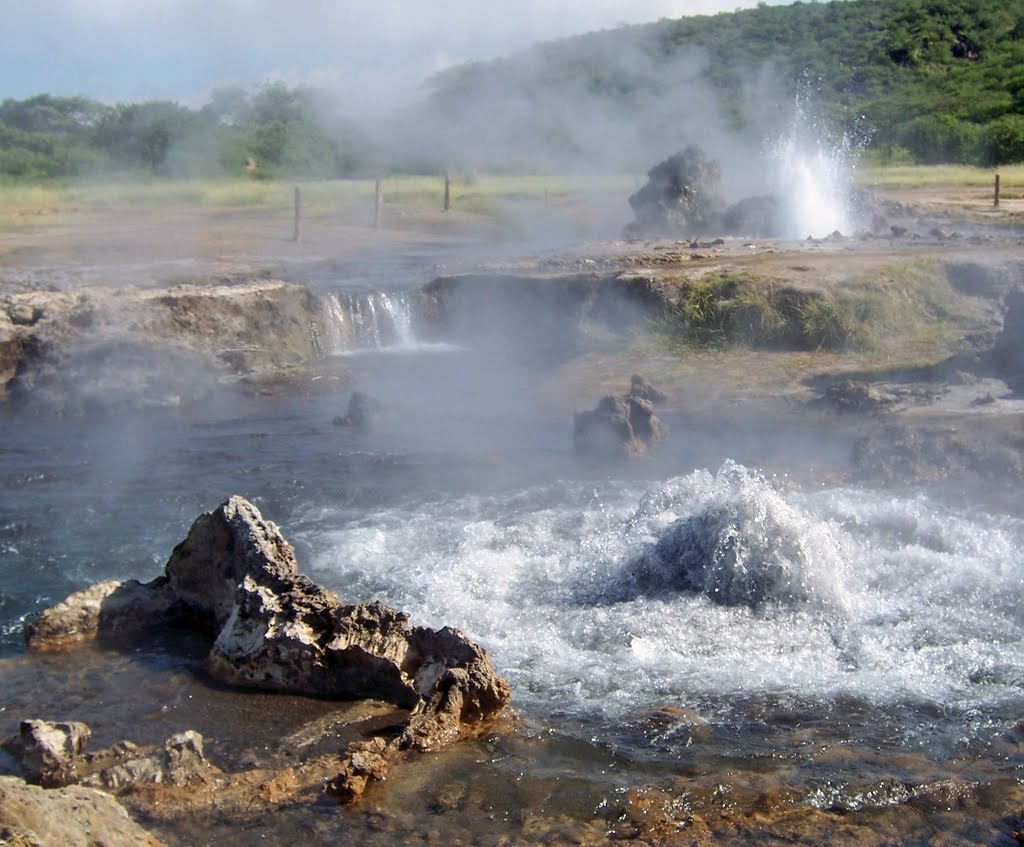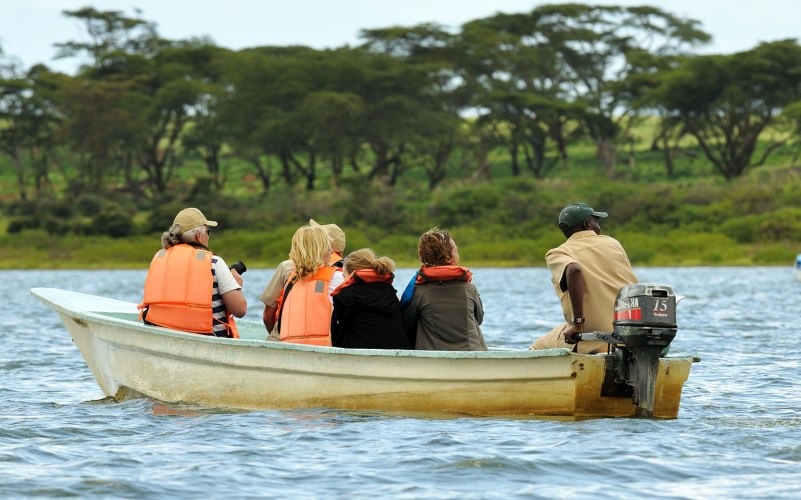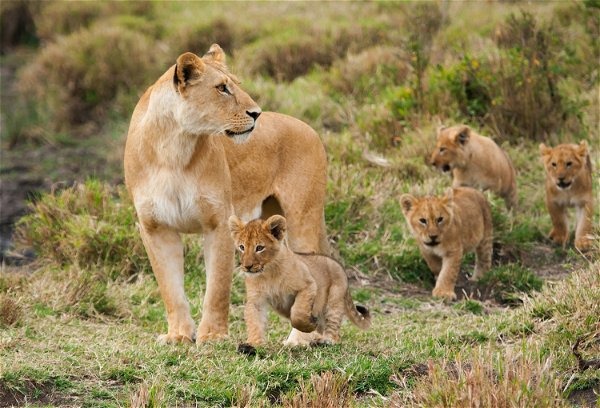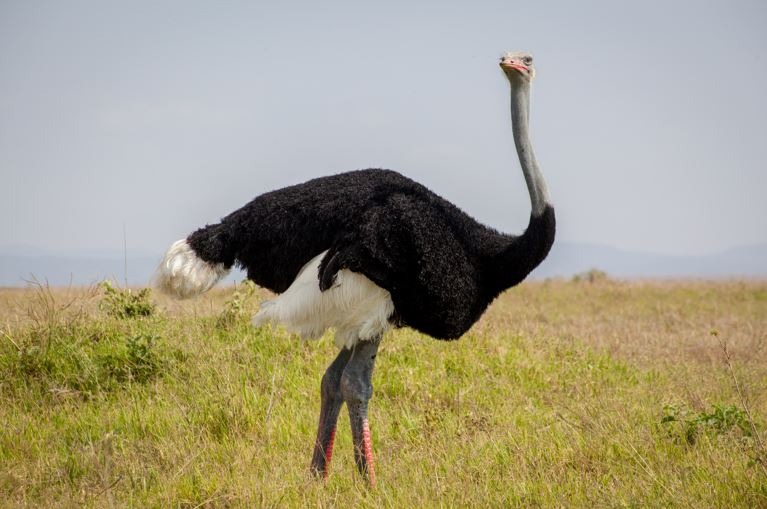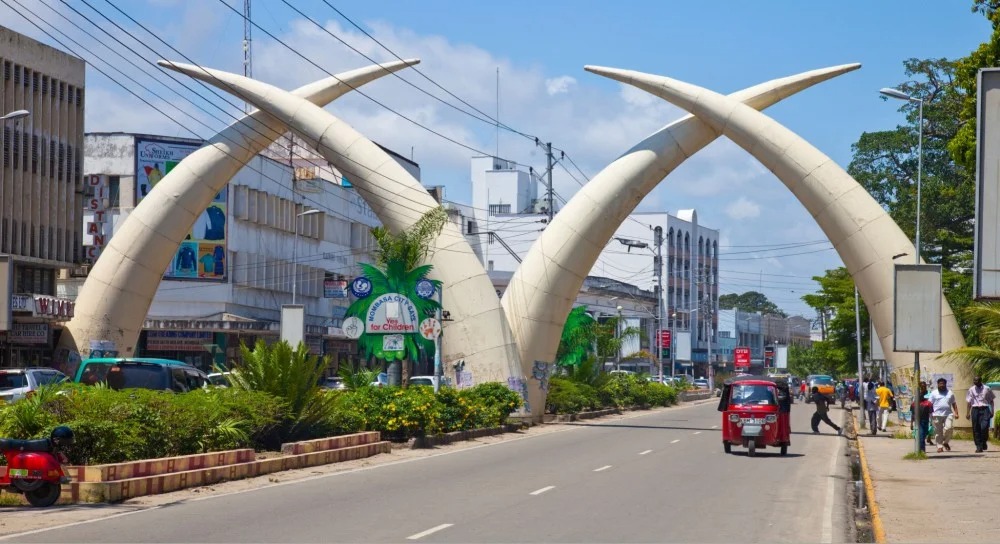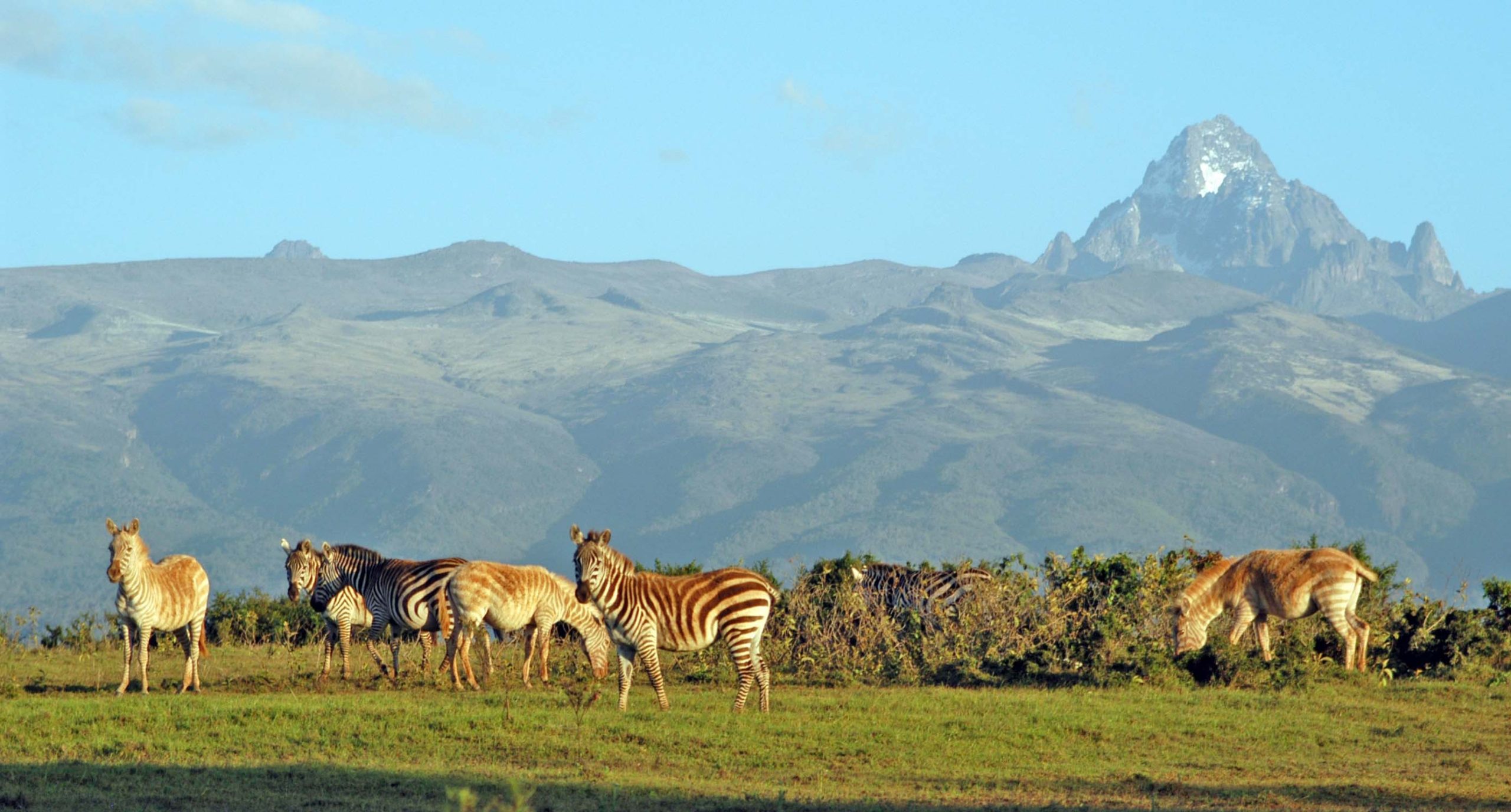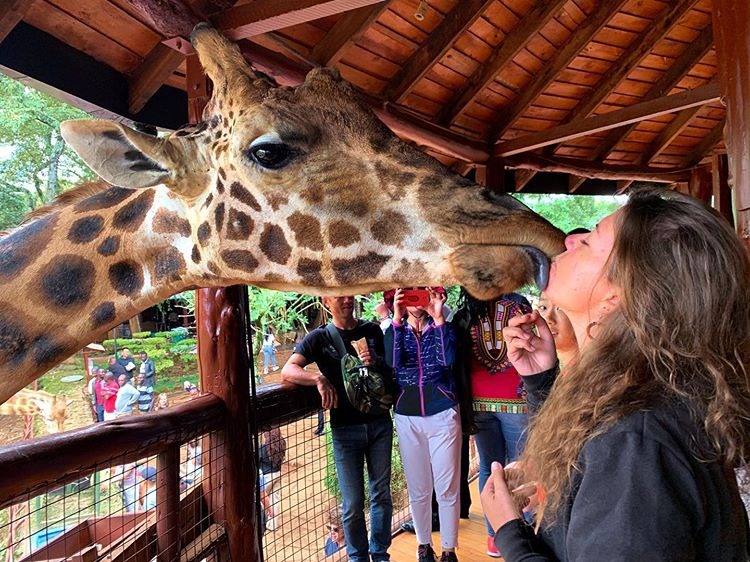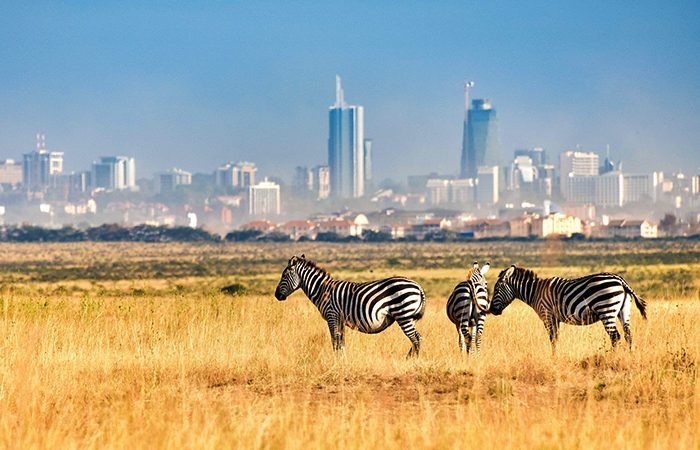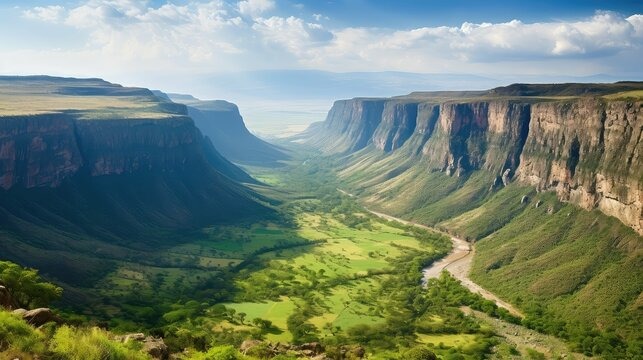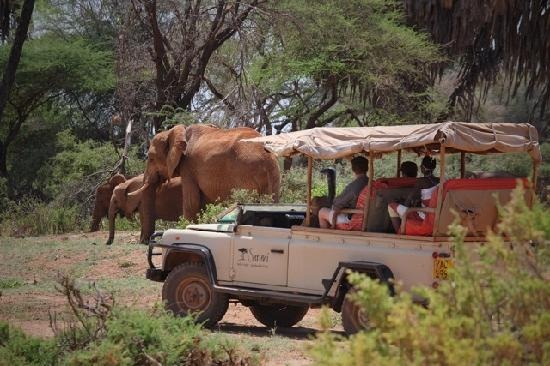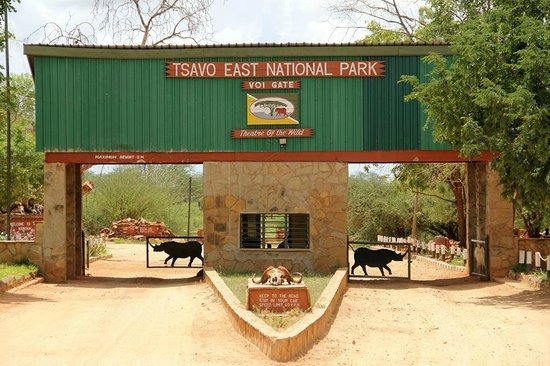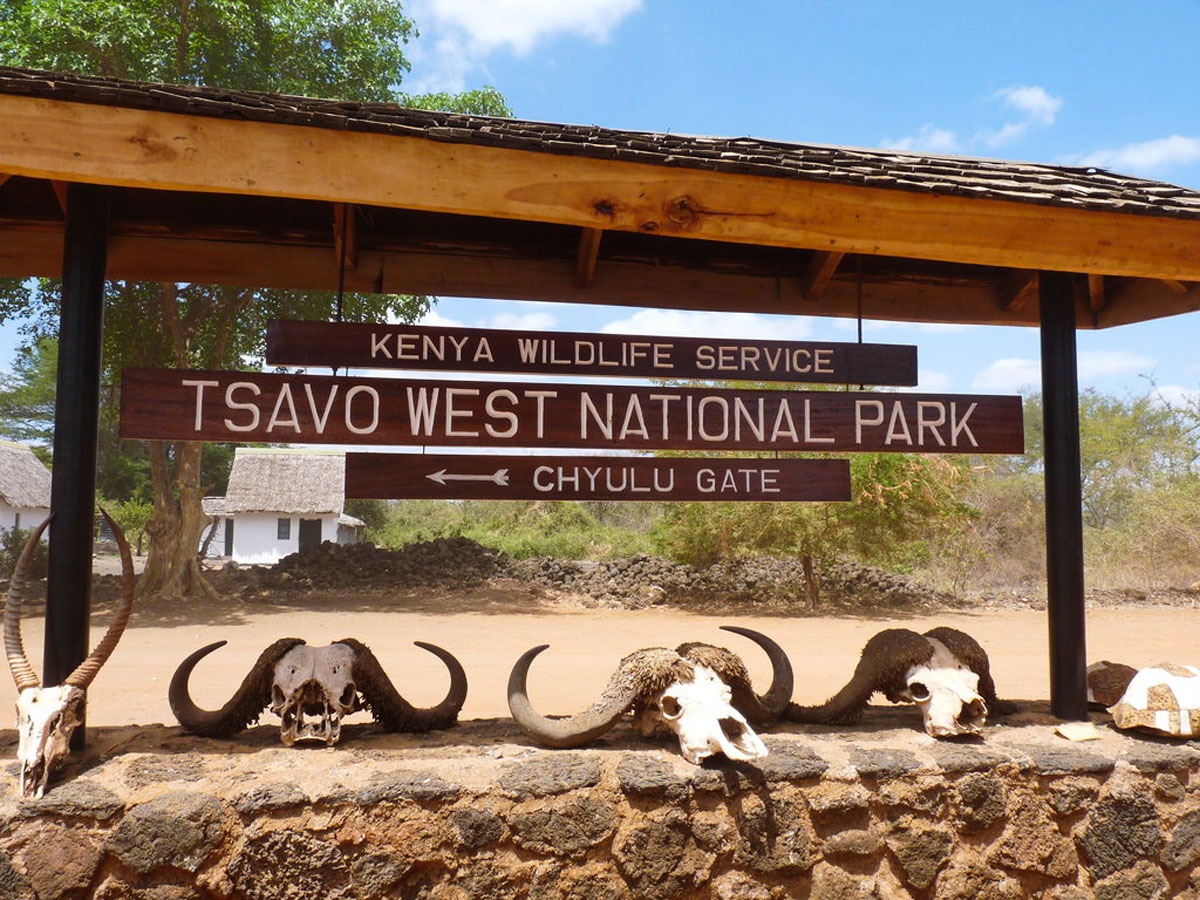Frequently Asked Question
While on a guided tour, your chances of encountering problems are minimal –Jeffways Tours & Travel ensures that you are kept away from unnecessary risk.
If you are travelling alone, keep up to date with local news so you know about potential hot spots. News from Africa carries top stories from most of Africa’s local newspapers, and is updated daily. At www.nationaudio.com and www.eaststandard.net, you will find digital editions of 2 major Kenyan daily newspapers, also updated daily.
Get a local perspective – ask someone where you are staying to give you a run-down on any unsafe areas, dress codes and behavior. It is also a good idea to ask your travel consultant, Jeffways Tours & Travel, about these things before you go on holiday.
As with anywhere in the world, be cautious when you are in a city. Do not carry valuables openly, and if you must carry your passport and money then keep them in a buttoned-down pocket or well concealed on your person.
Driving can often be an adventurous undertaking. In some regions, and particularly in rural areas, roads and vehicles are sometimes poorly maintained and it is quite normal to come across large herds of domestic animals such as sheep and cattle. Stay alert, buckle up and avoid travelling at night.
Avoid deserted areas, particularly at night. If you are in a car, park in well-lit, populated areas. Always keep the car locked – even when you are in it – and do not leave valuables in plain sight.
If you are thinking of hitchhiking, please understand the high risks involved. Hitchhiking is exciting, but always potentially dangerous – particularly in urban centres or after dark. We do not advise it.
The best advice for security when you travel is to stay aware of what is going on around you. If you do this, you have a good chance of enjoying a problem-free holiday.
- Read up on local cultures and try to learn a few words of the local language. See the Jeffways Tours & Travel Swahili guide for useful words and phrases.
- Remove all excess packaging, as waste disposal is difficult in remote places.
- Request us Jeffways Tours & Travel, for specific tips for responsible travel in your destination of choice.
- Ask us if there are useful gifts that you could pack for your hosts, local people or schools.
- Find out from us whether there are local conservation or social projects that you could visit on your trip, and if or how you could help support them.
- Buy local produce rather than imported goods.
- Hire a local guide. You will discover more about local culture and lifestyles, and they will earn an income.
- Help preserve Kenyan forests and wildlife. Do not buy products made from endangered species, hard woods or ancient artefacts.
- Respect local cultures, traditions and holy places. If in doubt, seek advice or do not visit.
- Use public transport, hire a bike or walk when convenient. It is a great way to meet local people and reduce pollution and carbon emissions.
- Use water sparingly as it is very precious in many areas.
- Remember that local people have different ways of thinking and concepts of time. This just makes them different, not wrong. Always ask questions when in doubt.
- Write to us with any comments or feedback about your holiday, and especially include any suggestions on reducing environmental impacts and increasing benefits to local communities.
- If you promised to send pictures or gifts to people you met, remember to do so. Many are promised and not all arrive!
- Enjoy the memories, reflect on your experience and start planning your next trip.
Vaccination: Inoculation against Yellow Fever and Cholera may be mandatory depending on the country you are coming from (check www.immigration.go.ke for details). Anyone entering Kenya from or through a Yellow Fever infected area must be in possession of a valid International certificate of Vaccination against Yellow Fever.
Visitors from the Far East, Central America, South, Central and West Africa may be required to have valid certificates of inoculation against Yellow Fever and cholera.
Malaria: You are advised to take anti-malaria medication before coming to Kenya. Start the course at least one week before entering Kenya. Please consult your physician or General Practitioner.
Drinking water: Bottled mineral water is widely available in Kenya at reasonable prices. Tap water is generally not recommended for drinking.
Kenya has a diverse climatic range, ranging from extremely hot and dry regions to cold and wet areas. This section gives an idea of the various altitudes and weather conditions and how you should dress in different areas.
- In the mountain region (5000 feet and above) – Mount Kenya, the Aberdare, some parts of the Kenyan highlands – the climate is wet and cold. Bring gloves, strong, waterproof foot wear and heavy rain gear.
- If you are in the Coastal region (Mombasa, Malindi, Lamu), the weather is tropical and hot, so carry comfortable loose cotton clothing and some sun protection.
- The eastern region (below 3000 feet), is normally hot, dry and dusty. Carry a hat, cotton pants, long sleeved shirts and sun protection.
- While in the highland areas (3000 – 5000 feet), with a climate that ranges from cool / hot days and cold nights in addition to frequent rainfall, you are advised to add a sweater and rain jacket.
Do not walk in towns or public areas in your swim-wear, as this is offensive to majority of the community. Nude bathing is not allowed. You are advised to respect the local people, their culture and traditions.
You will be impressed by the range of foods and drinks to cater for all tastes and needs. Everything from seafood, vegetarian diets, full course meals, fast food, and international cuisine is available. Whether you are staying in a luxury city hotel or deep in the bush, you are almost guaranteed to find a mouth watering buffet with a wide variety of meats, fresh salads, fruit and drinks. The food is relatively safe to try in hotels or lodges which cater for international visitors. Soft drinks and alcohol are also readily available, cheap and safe to drink.
- You may bring personal effects like binoculars, cameras and films temporarily into the country without a permit.
- Consumables in small amounts of one litre of alcohol, a quarter litre of perfume, 50 cigars, 200 cigarettes or quarter kilogram of tobacco are allowed duty free.
- Obscene literature is prohibited.
- Pets accompanied by a recent health certificate and special permission from the Commissioner of Customs are allowed. These are, however, not allowed into national parks/reserves.
- Firearms cannot be brought into Kenya without an import certificate from the Central Firearms Bureau.
In addition to other security checks, customs officers may weigh and inspect all outgoing baggage. You are therefore required to identify your baggage at departure for inspection by customs officers. Airport departure tax (currently US$ 20) is payable on departure. There are duty-free shops at both Nairobi and Mombasa airports.
Visitors are expected to respect the Head of State and other leaders or uniformed officials of the Public Service. Tearing or burning the President’s portrait is an offence. Avoid infringing the laws especially traffic regulations and those against prostitution, sexual abuse and drug use or trafficking. However, use of a locally grown shrub called miraa – a mild stimulant – is allowed.
Like any other country, Kenya has some security concerns. However, the tourism industry and the government are taking every possible step to ensure your safety during your visit to Kenya. Below are a few basic precautionary measures you should take:
Do not walk in the wee hours, especially in quiet dark streets.
- Keep your valuables in a safe place, such as your hotel room safe, or hotel reception.
- Avoid carrying large amounts of money and any important documents.
- You are advised to take cabs/taxis rather than walk in strange areas.
- Avoid carrying valuables to the beach.
